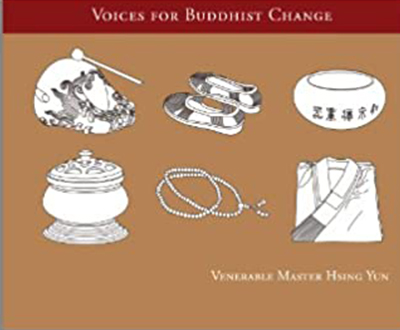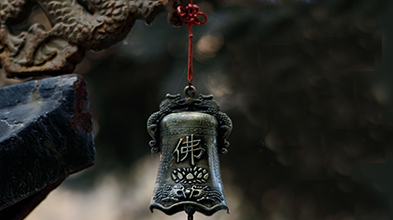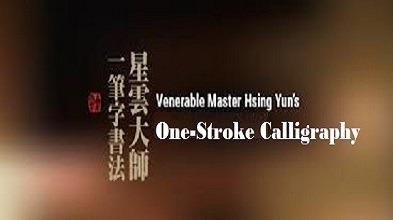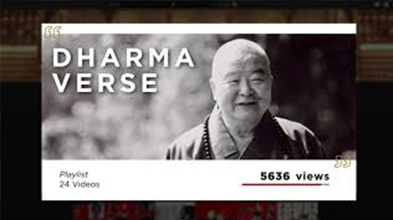Wisdom from Chinese Literary and Buddhist Classics
365 Days for Travelers
9/21: THANK HEAVEN (EXCERPT)
Chen Zhifan (1925 - 2012)English translation: Zhi Yue
During meals when I was a child, my grandmother would always say, “God bestowed this meal for our family to eat. Remember, we are not allowed to have a single grain of rice left in our bowls. If we waste food, Heaven will not give us meals.”
Every year, my grandfather toiled, clenching his teeth in the rain, while my grandmother painstakingly cooked and made tea. They understood they had to work until sweat dripped from their brows to collect wheat from the field, but why thank Heaven?
It was until two years ago when I read Einstein’s The World as I See It did I begin to have some new understanding. While his theory of relativity is original and groundbreaking history, with no references cited, but in the end, he remarked out of the blue, “Thank you to my colleague and friend, Besso, for our discussions.” And I asked myself why he didn’t take credit for such a great accomplishment.
In recent years, I’ve had a new realization that no matter what the situation is, we receive too much from others and contribute too little. Because there are so many people we are indebted to, we should thank causes and conditions. No matter what the situation is, what we need is not the inheritance and the contributions of our ancestors, but the support and cooperation of everyone, as well as the arrival of opportunities. The more we have done, the more insignificant we begin to feel our contributions are.
As a result, those who begin undertakings naturally think of the public, and those who fail are the ones who spend all their time thinking of themselves.
── from Zai Chunfeng Li
(In the Spring Wind)
What's New?
MAY

Humble Table, Wise Fare
INSPIRATION
Recorded by Leann Moore 0:23
Poverty is the jade
that refines determination.
Lowly lot is the winter snow
that matures body and mind.
Adverse circumstances are the exams
that test life.
Affliction is the resource
that cultivates the Way.

Dharma Instruments
Venerable Master Hsing Yun grants voices to the objects of daily monastic life to tell their stories in this collection of first-person narratives.

Sutras Chanting
The Medicine Buddha SutraMedicine Buddha, the Buddha of healing in Chinese Buddhism, is believed to cure all suffering (both physical and mental) of sentient beings. The Medicine Buddha Sutra is commonly chanted and recited in Buddhist monasteries, and the Medicine Buddha’s twelve great vows are widely praised.

Newsletter
What is happening at Hsingyun.org this month? Send us your email, and we will make sure you never miss a thing!





